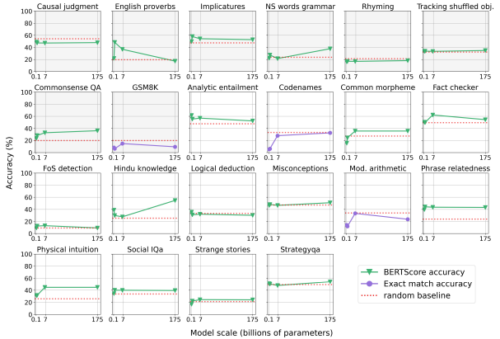2024-08-08 カーディフ大学
 The researchers say the rocks recovered from the mantle bear a closer resemblance to those that were present on early Earth rather than the more common rocks that make up our continents today. Credit Professor Johan Lissenberg.
The researchers say the rocks recovered from the mantle bear a closer resemblance to those that were present on early Earth rather than the more common rocks that make up our continents today. Credit Professor Johan Lissenberg.
◆2023年春に実施されたこの探査は、記録的な成果であり、回収された岩石からは予想以上の溶融の痕跡が発見されました。ほぼ連続した1,268メートルのマントル岩石は、2023年春に行われた海洋掘削船ジョイデス・レゾリューション号の第399次遠征「生命の構成要素、アトランティス山塊」において、大西洋中央海嶺に沿ってマントルの岩石が露出した海底部分である「テクトニック・ウィンドウ」から回収された。これらの岩石が初期の地球環境を解明する手がかりになるとされています。
<関連情報>
- https://www.cardiff.ac.uk/news/view/2833533-record-breaking-recovery-of-rocks-that-originated-in-earths-mantle-could-reveal-secrets-of-planets-history
- https://www.science.org/doi/10.1126/science.adp1058
蛇紋岩化したマントルかんらん岩の長い断面 A long section of serpentinized depleted mantle peridotite
C. Johan Lissenberg, Andrew M. McCaig, Susan Q. Lang, Peter Blum, […], and Sarah Treadwell
Science Published:8 Aug 2024
DOI:https://doi.org/10.1126/science.adp1058
Editor’s summary
The mantle of the Earth is hard to sample, with most of our direct information about it coming from rocks dredged off the ocean floor or from ancient mantle thrust up onto the crust in the form of ophiolites. Lissenberg et al. present the shipboard observations from the International Ocean Drilling Project Expedition 399, which drilled 1268 meters deep into the mantle under the seafloor (see the Perspective by Hellebrand). The rock section was recovered from a hydrothermally active region near the mid-Atlantic ridge and should help us better understand the chemistry of mantle rocks shaped by the nearby magma extraction process that forms new ocean crust. —Brent Grocholski
Abstract
The upper mantle is critical for our understanding of terrestrial magmatism, crust formation, and element cycling between Earth’s solid interior, hydrosphere, atmosphere, and biosphere. Mantle composition and evolution have been primarily inferred by surface sampling and indirect methods. We recovered a long (1268-meter) section of serpentinized abyssal mantle peridotite interleaved with thin gabbroic intrusions. We find depleted compositions with notable variations in mantle mineralogy controlled by melt flow. Dunite zones have predominantly intermediate dips, in contrast to the originally steep mantle fabrics, indicative of oblique melt transport. Extensive hydrothermal fluid-rock interaction is recorded across the full depth of the core and is overprinted by oxidation in the upper 200 meters. Alteration patterns are consistent with vent fluid composition in the nearby Lost City hydrothermal field.



